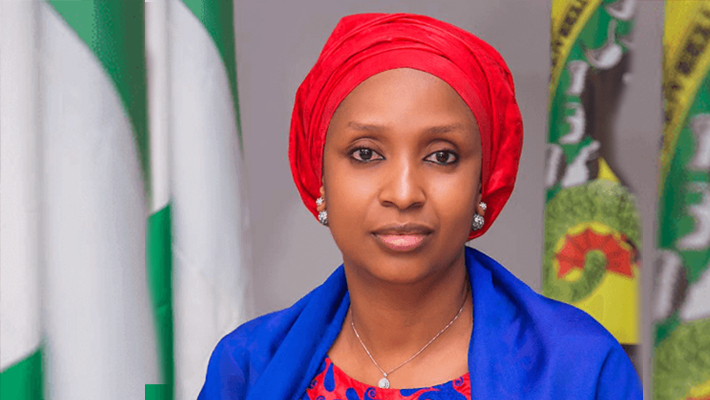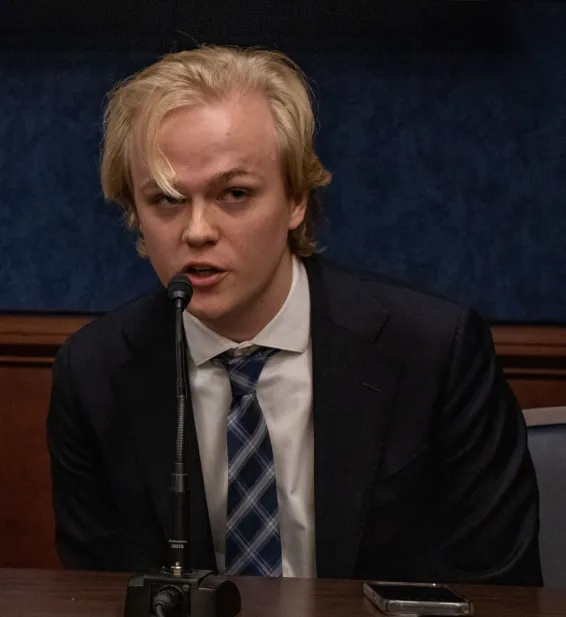
At the recent AI Policy Colloquium in Abuja, Hadiza Usman, the President’s Special Adviser on Policy and Coordination, made it clear: Nigeria is committing to a comprehensive approach to AI, with a vision of ranking among the top 50 AI-ready nations. Bold? Yes. Impossible? Not if the right mix of leadership, vision, investment, and partnerships comes together.
Speaking through Khalifa Nuhu of the Central Results Delivery and Coordination Unit, Usman emphasized that Nigeria’s AI push cannot simply be a copy-and-paste effort from Silicon Valley. It has to be built for our own context — solving Nigeria’s problems, from agriculture to banking, while being open-minded about both opportunities and risks.
One major theme at the colloquium? Collaboration. Usman highlighted the importance of teaming up with local innovators, global partners, and academic researchers to make AI adoption both impactful and inclusive. After all, what’s the point of building AI systems if they don’t work for everyday Nigerians?
Backing her up, Hawwau Gambo of the NDIC (Nigeria Deposit Insurance Commission) called out the fine balance regulators have to strike: protecting citizens while not choking innovation. “We can’t stifle the brilliant minds building AI products,” she said. Instead, she stressed building guardrails that support trust in the financial system while making sure innovators still have room to experiment and grow.
Adding more perspective, Leah Katung-Babatunde, CEO of Saban Media Services, reminded everyone that AI isn’t just about chatbots or fancy tools. Its potential in healthcare, agriculture, and public services could be game-changing if Nigeria sets the right policies today.
The big takeaway? Nigeria doesn’t just want to consume AI — it wants to shape it, responsibly. That means creating policies that protect values, encourage innovation, and ensure nobody gets left behind in this transformation.
If all the speeches in Abuja translate into action, Nigeria could be positioning itself not just as an adopter, but as a leader in Africa’s AI future.






